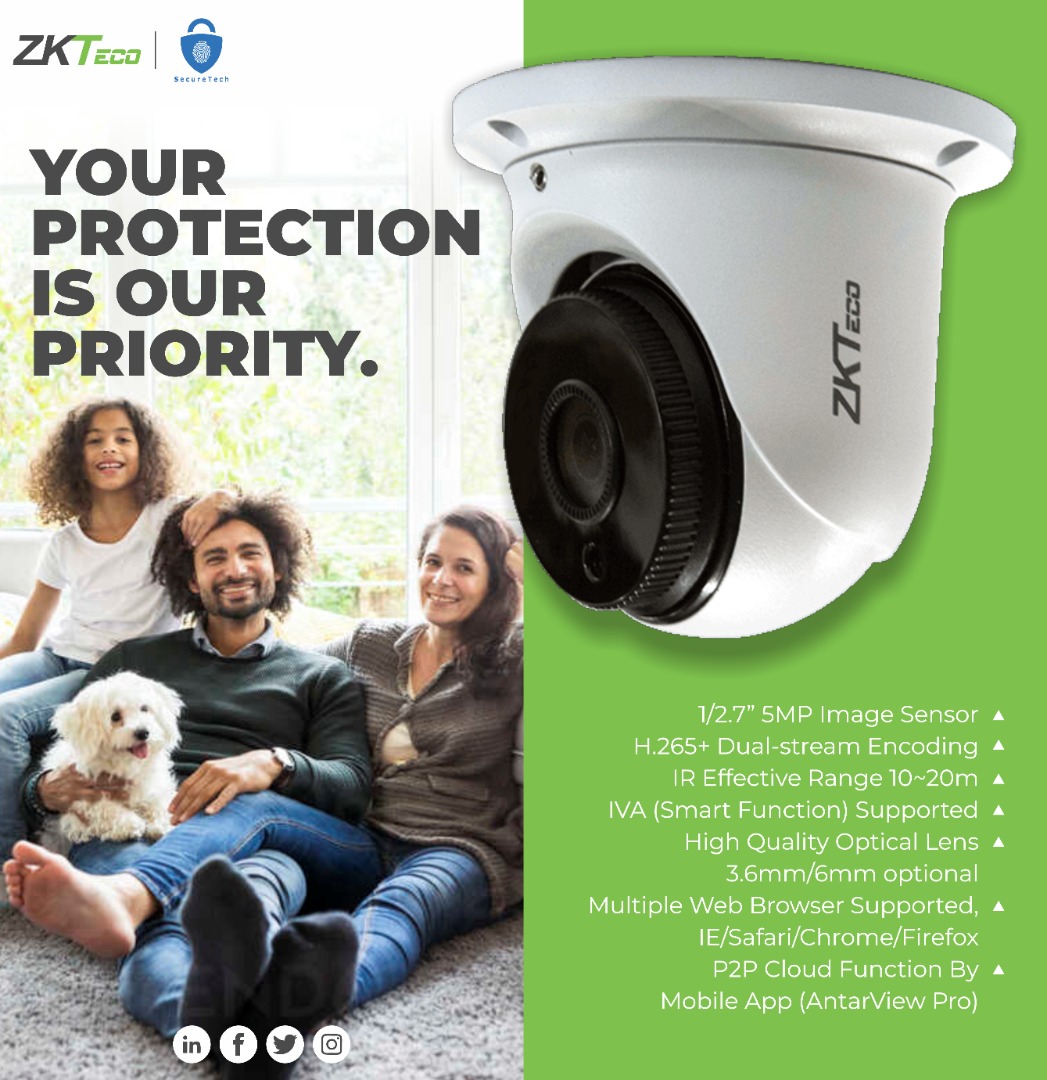
FAQ about CCTV Cameras
CCTV cameras these days are becoming increasingly affordable due to the advancements in technology and in the manufacturing systems.
Instead of hiring multiple security guards to monitor various areas of your building, you can simply hire less of them to monitor the CCTV system and guard the premises.
Installing CCTV cameras can help in areas such as increased customer satisfaction and improved strategies.
This is because by watching the recordings, you will be able to see how your customers are being treated, and monitor which aisles have more traffic, or which items get attention but don’t sell.
By monitoring these things, you will be able to work on solutions that will improve your business in many ways.
Some persons tend to go out of their way to take advantage of others, or to make life difficult for them by making false claims.
Some of these people might craftily wait a few months before making a claim, knowing that most surveillance systems rewrite their video data after a certain amount of days and therefore any “proof” will be eliminated.
This is why getting a surveillance system with unlimited video data storage will solve this issue, and provide you with peace of mind.
CCTV Cameras provide the necessary comfort of visually seeing that your home is safe and are a critical part of your Home Security System. Through an Internet connection from your home you can watch what is happening live on your phone, tablet and TV or PC as Security is an aspect of concern for all to ensure protection of self , family members, property, and livestock. Use of security cameras is considered as the best way of deterring criminals from causing harm to you or your property even when you are away from your place.
The CCTV System serves as a most effective medium to detect early signs of danger and also provides you with the visual proof of a security breach.

Frequently Asked Questions About CCTV Cameras
- What height should a CCTV camera be installed?
An easy way for potential criminals to beat the security system is when you mount your CCTV Camera low.
Furthermore, the CCTV cameras will not have a wider viewing angle which means that they will not be able to monitor and capture the surroundings.
Also mounting the CCTV Cameras too high will only enable you to see the visitor’s head and no faces
Nevertheless, the best height to place your CCTV Camera is 7 – 8 feets above the easy reach of a potential robber and close enough to the ground to capture faces and valuable information.
The height of the camera itself doesn’t ensure the best surveillance security.
You may also want to look at the picture definition of the camera, the long view abilities of the camera, width of the lens, and zooming features to complement the basic features of the outdoor CCTV systems.
2. How Many Megapixels and Resolution is good for a CCTV Camera
The biggest factor that affects customer decisions in buying CCTV cameras, besides the prices is resolution , it’s well understood that higher megapixel (MP) image sensors in a camera can capture more picture detail.
However, there’s much more to image quality than pure megapixels since the quality and size of the sensor along with the lens plays a crucial part in determining the quality of each pixel.
The megapixel rating is the total number of pixels that make up an image captured by a digital camera sensor. Simply multiply the number of horizontal pixels by vertical pixels to get the total number of pixels. An HD (1920×1080) image can be captured with a 2MP sensor while a 4K (3840×2160) image requires an 8.3MP sensor.

The security industry has specific needs when it comes to image quality. Often, we might try to identify a face or another object and to do so, we want to zoom in for a closer look. If you digitally zoom in on a 1080p HD image that is already displayed at full size, such as on a HD monitor, the quality of the image quickly deteriorates. Distinguishing features of faces blur and pixelate with as little as 10 percent zoom depending on how close and in-focus they were in the first place.
For this reason, more than any other, a higher pixel density enables a more accurate display of objects that we wish to digitally zoom into during live monitoring. 4K images hold the equivalent of four HD images, so you can zoom in substantially without image deterioration. 8K images hold 16 times the pixels of HD images, which gives us an unprecedented amount of digital zoom control with little to no pixelation or softening of the image. The impact for live monitoring is substantial also the increased image resolution necessitates a fast connection and requires more storage.
If we consider a large stadium with thousands of seats, the ability to quickly zoom in and clearly identify people involved in a fight or recognize who threw an object can be challenging on a wall of individual screens and multiple recorded files. Being able to zoom in digitally on images without loss in clarity represents a new workflow for security staff and an important trend in video surveillance workflow.
3. COMPARING AN ANALOG CCTV CAMERA TO AN IP CCTV CAMERA
An IP camera has as much as 10 megapixel resolution, so your image will be much clearer with an IP camera. An IP camera system can be hard-wired or wireless, and the image feeds to a network server. The server to which the feed is transmitted can be accessed by any electronic device with Internet capabilities. For example, if you have your home or business secured with IP security cameras, all you would need to do is log in to the server hosting your camera feed and voila! Instant security images on your computer, smartphone, notepad, or other mobile device.
Your analog security camera is feeding the images directly into a recording device. This makes your security feed susceptible to anyone with the capabilities of getting their hands on your tapes, DVDs, or recording units.

An IP security camera encrypts your security feed prior to sending it to the network server.
It does this for several reasons, including compressing the data into a smaller size and securing it for transport over the Internet; therefore, if you are concerned about the security of your security images, you’ll probably feel more comfortable with an IP CCTV security system than an analog one.
As you can see, there are some significant differences between an analog and an IP security camera.
The type of camera you choose really does depend upon your individual security needs.
If you are securing your home, and simply want a simple, inexpensive system, analog might be the way to go.
If you’re securing your business and have an expansive area to secure, you might find IP a better solution.
